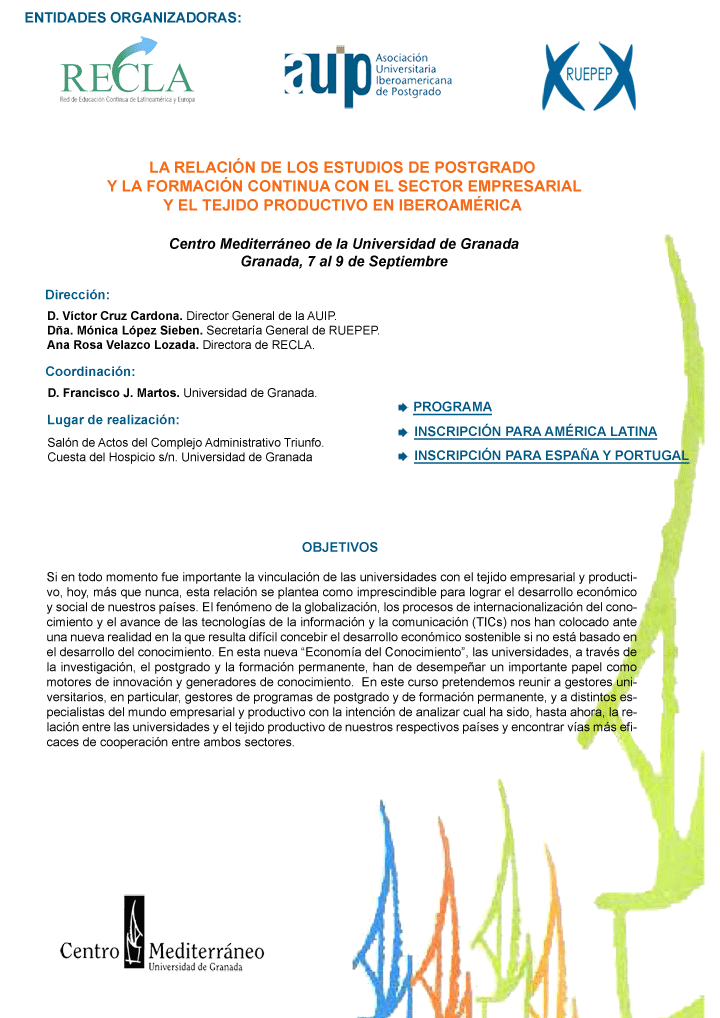Latin America: Higher education integration for bloc
 By Chrissie Long. Member states of Latin America's left-leaning political bloc known as Alba are organising to create an integrated higher education system. The eight participating nations aim to pool resources with a view to strengthening their universities. But the initiative, which has a strong socialist and anti-US agenda, has come in for widespread criticism.
By Chrissie Long. Member states of Latin America's left-leaning political bloc known as Alba are organising to create an integrated higher education system. The eight participating nations aim to pool resources with a view to strengthening their universities. But the initiative, which has a strong socialist and anti-US agenda, has come in for widespread criticism.
The Bolivarian Alliance for the Peoples of Our America, or Alba (ALianza Bolivariana para los pueblos de nuestra América) - which includes among others the governments of Venezuela, Ecuador, Nicaragua, Bolivia and Cuba - was founded by Venezuelan President Hugo Chávez in December 2004. The alliance's higher education integration initiative was announced in Nicaragua in June and emphasises strengthening universities and sharing advances made with each of the member countries. But while pooling resources in higher education is a positive step, according to Kevin Casas Zamora (pictured), a former Costa Rican vice-president and political analyst with the Brookings Institution, it is dangerous when linked to a political agenda.
"What Latin America needs are not politically committed universities but, above all, good universities capable of producing good-quality science and stimulating genuinely open debates about reality," Casas Zamora said. "The last thing we need is political parties disguised as universities."
He added: "Universities are about seeking the truth, which may well be very different from your ideological preconceptions." Traditionally, Alba initiatives have been aimed at strengthening the economic ties among member nations and developing the region financially, but the alliance's dialogue has always been laced with political rhetoric.
In 2006 the consortium of governments created its own currency - the Sucre (in English standing for 'Unified System for Regional Compensation') - and announced plans for trade agreements "as a front to the free trade agreements and taxes of the United States that cause unemployment and marginalisation of our people", the Alba website reads. Leaders of the university integration initiative, which is being called Unialba, hope for a shared network of universities which will offer a platform for exchange and mobility for university students and professors, combine resources in investigation and unite the achievements and greatest minds within member countries.
Speaking last year to the Juventud Rebelde, a newspaper for youth in Cuba, the Cuban Deputy Minister for Higher Education Aurora Fernandez said that the university network "will be a giant learning community, with venues in each Alba member country where students will have the opportunity to access higher education - something that has previously been a privilege only enjoyed by the economic elites." Immediate challenges to the integration effort are streamlining curricula and ensuring that member universities are meeting agreed-upon benchmarks, said Rubén Reinoso, the Venezuelan Vice-minister for academic development in the University Education Ministry.
"As you know, universities have different curricula and career paths...we need to harmonise these programmes and our research projects, so that we are on the same page," he said. Guillermo Bernaza, a representative of the Higher Education Ministry in Cuba, said the move to integrate higher education is key in terms of Alba unification. "This is a fundamental social pillar in united development and cooperation between our nations...Only in this manner can we be free, independent, successful and with our own identity."






/https%3A%2F%2Fprofilepics.canalblog.com%2Fprofilepics%2F1%2F0%2F1076071.jpg)